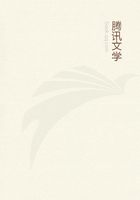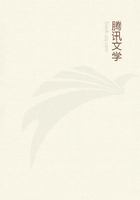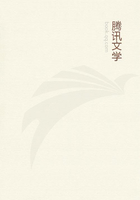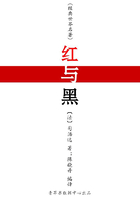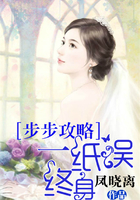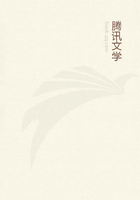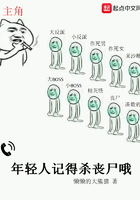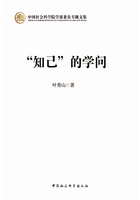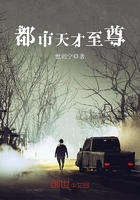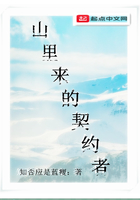Marie Antoinette was right. The revolution was sending its storm-birds to the Tuileries. They beat with their strong pinions against the windows of the palace; they pulled up and broke with their claws the flowers and plants of the garden, so that the royal family no longer ventured to enter it. But they had not yet entered the palace itself; and within its apartments, watched by the National Guard, the queen was at least safe from the insults of the populace.
No, not even there longer, for the storm-birds of the revolution beat against the windows, and these windows had once in a while to be opened to let in a little sunshine, and some fresh air. Marie Antoinette had long given up her walks in the garden of the Tuileries, for the rabble which stood behind the fence had insulted her so often with cries and acts, that she preferred to give up her exercise rather than to undergo such contemptuous treatment.
The king, too, in order to escape the scornful treatment of the populace, had relinquished his walks, and before long things came to such a pass that the dauphin was not allowed to visit his little garden. Marat, Santerre, Danton, and Robespierre, the great leaders of the people, had, by their threats against the royalists and their insurrectionary movements among the people, gained such power, that no one ventured to approach the garden of the prince to salute him, and show deference to the son of the king. The little regiment had been compelled, in order to escape the mockery and contempt, the hatred and persecution which followed them, to disband after a few months; and around the fence, when the dauphin appeared, there now stood none but men sent there by the revolutionists to deride the dauphin when he appeared, and shout their wild curses against the king and queen.
One day, when a crowd of savage women stood behind the fence, and were giving vent to their derision of the queen, the poor dauphin could not restrain his grief and indignation. With glowing cheeks and flaming eyes he turned upon the wild throng.
"You lie --oh, you lie!" he cried, with angry voice. "My mamma queen is not a wicked woman, and she does not hate the people. My mamma queen is so good, so good that--"
His tears choked his voice, and flowed in clear streams down over his cheeks. Ashamed, as it were, of this indication of weakness, the dauphin dashed out of the garden, and hastened so rapidly to the palace that the Abbe Davout could scarcely follow him. Weeping and sobbing, the dauphin passed through the corridor, but when they reached the broad staircase which led to the apartments where the queen lived, the dauphin stopped, suppressed his sobs, and hastily dried his eyes.
"I will not weep any more," he said, "it would trouble mamma. I beg you, abbe, say nothing to mamma. I will try to be cheerful and merry, for mamma queen likes much to have me so. Sometimes, when she is sad and has been weeping, I make believe not to notice it, and then I laugh and sing, and jump about, and then her beautiful face will clear up, and sometimes she even smiles a little. So, too, I will be right merry, and she shall notice nothing. You would not suspect that I have been weeping, would you?"
"No, my prince, no one would think you had," answered the abbe, looking with deep emotion into the great blue eyes which the dauphin turned up to his with an inquiring look.
"Well, then, we will go to my mamma queen," cried the dauphin, and he sprang forward and opened the door with a smile, and, half concealed behind the curtains, he asked, in a *jesting tone, whether he might have permission to enter her majesty's presence.
Marie Antoinette bade him heartily welcome, and opened her arms to him. The dauphin embraced her and pressed a glowing kiss upon her eyes and upon her lips.
"You are extraordinarily affectionate to-day, my little Louis Charles," said the queen, with a smile. "What is the cause of that?"
"That comes from the fact that to-day I have nothing to give you excepting kisses--not a single flower. They are all withered in my garden, and I do not like to go there any more, for there are no more bouquets to pluck for my dear mamma queen. Mamma, this is my bouquet."
And he kissed and caressed the queen afresh, and brought a glow to her eyes and a smile to her lips.
"Come now, my child, you see that the abbe is waiting, and I believe it is time for the study-hours to begin. "What comes first to-day?"
"We have first, grammar," answered the abbe, laying the needful books upon the little table at which the dauphin always took his lessons in the presence of the queen.
"Grammar!" cried the dauphin; "I wish it were history. That I like, but grammar I hate!"
"That comes because you make so many mistakes in it," said the abbe;
"and, certainly, grammar is very hard."
The child blushed. "Oh, it is not on that account," he said. "I do not dislike grammar because it is hard, but merely because it is tedious."
"And I will wager that on that account you have forgotten what we went over in our last grammar hour. We were speaking of the three comparatives. But you probably do not remember them."
"You are mistaken," replied the dauphin, smiling. "In proof, hear me. If I say, 'My abbe is a good abbe,' that is the positive. If I say, 'My abbe is better than another abbe,' that is the comparative.
And," he continued, turning his eyes toward the queen with an expression of intense affection, "if I say, 'My mamma is the dearest and best of all mammas,' that is the superlative." [Footnote: The dauphin's own words.--See Beauchesne's "Louis XVII.," vol. i., p.
133.]
The queen drew the boy to her heart and kissed him, while her tears flowed down upon his auburn curls.
On the next day, at the time of his accustomed walk, the queen went into the dauphin's room to greet him before he went into the garden.
"Mamma, I beg your permission to remain here," said the dauphin. "My garden does not please me any longer."
"Why not, my son," asked Marie Antoinette, "has any thing happened to you?"

